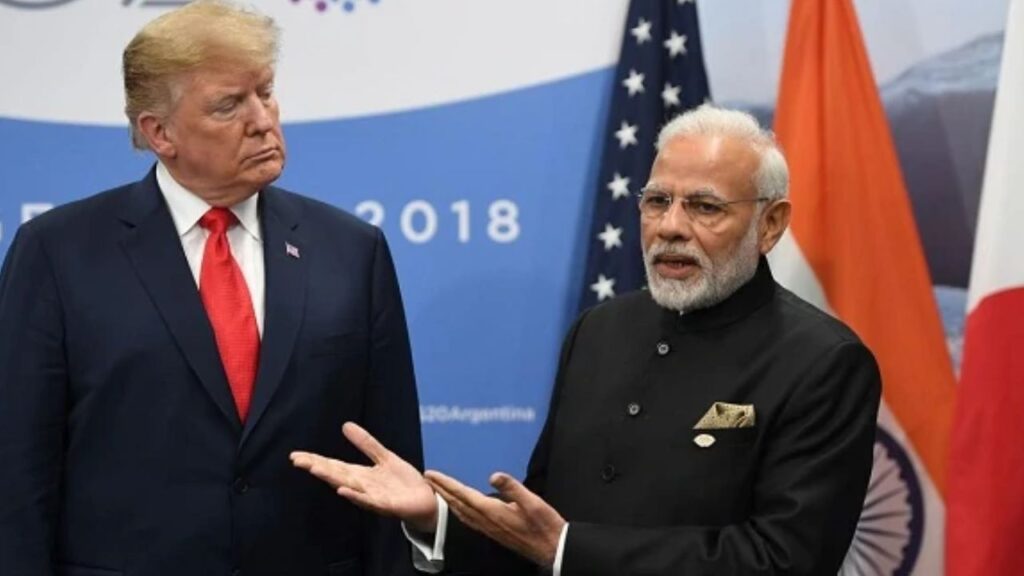India has reportedly put on hold plans to purchase advanced U.S. military equipment following steep tariffs imposed on its exports by U.S. President Donald Trump, signaling a fresh strain in bilateral ties. According to three Indian officials familiar with the matter, discussions over acquiring Stryker combat vehicles from General Dynamics Land Systems and Javelin anti-tank missiles developed by Raytheon and Lockheed Martin have been paused.
The move comes after Trump, on August 6, slapped an additional 25% tariff on Indian goods raising total duties to 50% in retaliation for New Delhi’s continued imports of Russian oil. Trump argued that such purchases were funding Moscow’s war in Ukraine. The tariffs are among the highest levied on any U.S. trading partner and have brought relations between the two countries to their lowest point in decades.
Indian Defence Minister Rajnath Singh had been scheduled to travel to Washington in the coming weeks to announce the deals, including a proposed $3.6 billion purchase of six Boeing P8I reconnaissance aircraft for the Indian Navy. That trip has now been cancelled. Officials indicated the defence purchases might resume once there is clarity on the tariff situation and the broader direction of U.S.-India ties.
Following publication of reports about the pause, India’s Ministry of Defence issued a statement calling them “false and fabricated,” insisting procurement processes were continuing as per “extant procedures.”
The tensions come despite a decade of deepening U.S.-India defence cooperation, driven by shared concerns over China’s regional assertiveness. India, the world’s second-largest arms importer, has traditionally relied on Russia but has been steadily diversifying its suppliers to include France, Israel, and the U.S.
However, Trump’s tariff move and his perceived tilt towards Pakistan in past disputes have made closer U.S. alignment politically challenging for Prime Minister Narendra Modi. Meanwhile, Moscow has been courting New Delhi with offers of advanced systems such as the S-500 missile defence platform.
While the broader defence partnership including joint exercises and intelligence sharing remains intact, officials acknowledge that the tariff dispute has cast a shadow over upcoming procurement decisions. India maintains it is willing to reduce Russian oil imports if it can secure competitive alternatives, but for now, its long-standing reliance on Russian defence support remains a limiting factor in any strategic realignment.

